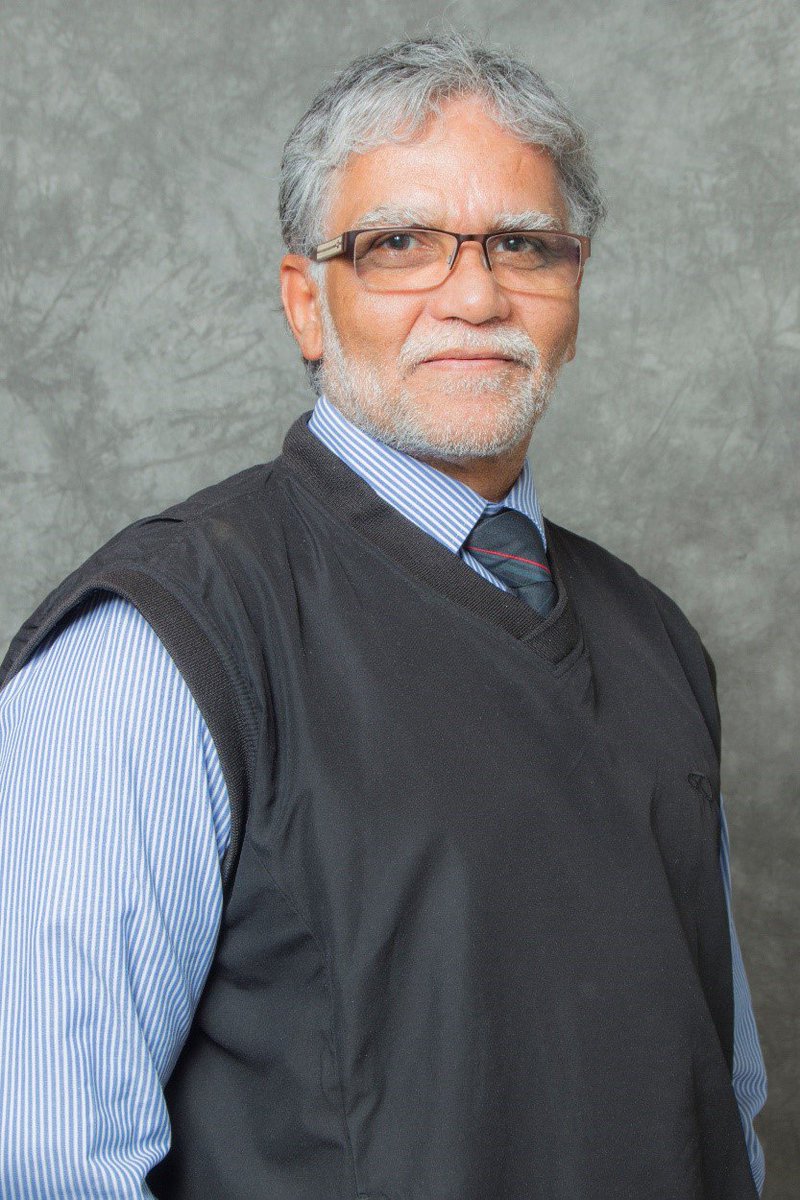“When COVID-19 motivated us to fully implement SAIPA’s online learning and assessment platform last year, our first concern was that candidates should not be intimidated by technical disruptions or a lack of digital skills,” says Professor Rashied Small, Centre of Future Excellence (CoFE) Executive at the South African Institute of Professional Accountants (SAIPA).
To overcome this hurdle, the Institute undertook a vigorous process to prepare candidates for the online platform, including the introduction of weekly online practice assessments for its Project Achiever candidates to identify both technical issues and problems students encountered using the system well in advance of it going live. Project Achiever is a programme that prepares attendees for their PE and imparts additional professional competencies.
“We are pleased to declare that the SAIPA’s online Professional Evaluation (PE) has been a great success with no technical glitches” says Karl Smith, Senior Manager: Education, Training and Member Support at SAIPA.
Smith’s sentiment was bolstered by the successful four-hour admission assessment that SAIPA PE candidates took on Saturday, 4 December. The assessment is the final step in their journey to becoming a full SAIPA member and being awarded the designation of Professional Accountant (SA).
Further to the extensive support for PE candidates prior to the assessment, he credits the success of the online evaluation to careful planning by his team, thorough prior testing of invigilator software and close collaboration with digital service providers and SAIPA’s Digital and Technology team.
Thorough design and preparation
Small says SAIPA did not dive recklessly into online evaluations but had executed a carefully laid out strategy for total digital transformation of the function.
“We made the decision in 2018 and implemented it gradually through a pilot programme of remote assessments for Project Achiever attendees,” he says. This allowed SAIPA to not only perfect the system but also the methodology to train new candidates to use it.
Prior to the first lockdown and in the wake of successful testing, the Institute decided that all future PEs would be hosted online from July 2020. The transition went smoothly and subsequent virtual PEs have been without incident. Training and practice sessions, held during the two weeks leading up to the assessment, ensure candidates are fully prepared on the day.
A fully Cloud-based solution
According to Thomas Nyamvura, Digital and Technology Officer at SAIPA, many technical issues were avoided by preferring Cloud-based solutions and focusing on user support.
There is no need for a specially booked examination venue and candidates are even allowed to sit the evaluation in an internet cafe, giving relief to those with no connectivity.
Browser-based invigilator software, also known as digital proctoring, monitors candidates throughout for behavioural patterns associated with cheating. “A public venue is not problematic as long as the candidate focuses on the test and does not perform any actions that imply cribbing,” adds Nyamvura.
Although SAIPA does not formally provide devices or data to candidates, Nyamvura says the Institute is seeking sponsors to assist students to source these where appropriate.
Planning and review
Smith points out that his team uses the motto “never say never” when planning a PE event. “We try to be prepared for every eventuality because we know that while technology offers outstanding utility, it can also be unpredictable and connectivity can be a problem in South Africa,” he adds.
Risk management is a priority before any online session and Smith has a Plan B in case of blackouts or other unforeseen challenges.
Candidates are also expected to log into the system well before the event and those that don’t are contacted by phone or email to make sure they have access and are offered technical support where needed.
Once the PE is complete, Smith’s team holds a meeting to review the system’s performance and, if any technical issue were to occur, take action to prevent it in the future.
Even so, a post-assessment survey is held with candidates to understand their experience. In addition, the platform utilised provides anonymous psychometric performance data that can be used to enhance future examination quality.
“I’m proud of what a little foresight, planning and design-thinking has helped us accomplish in making online evaluations a real success story at SAIPA,” concludes Smith.

